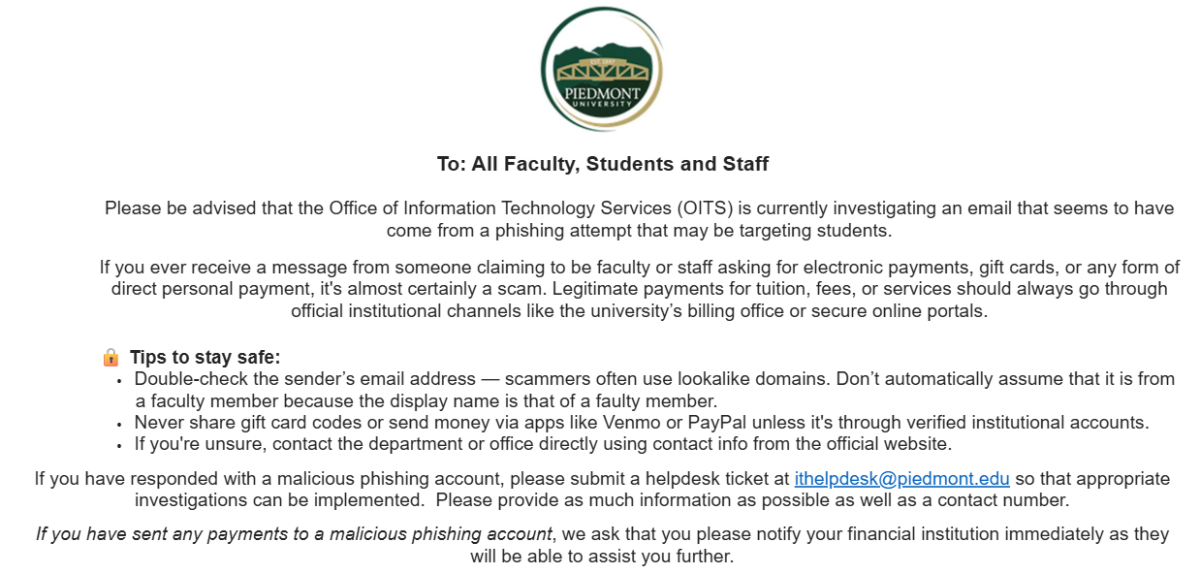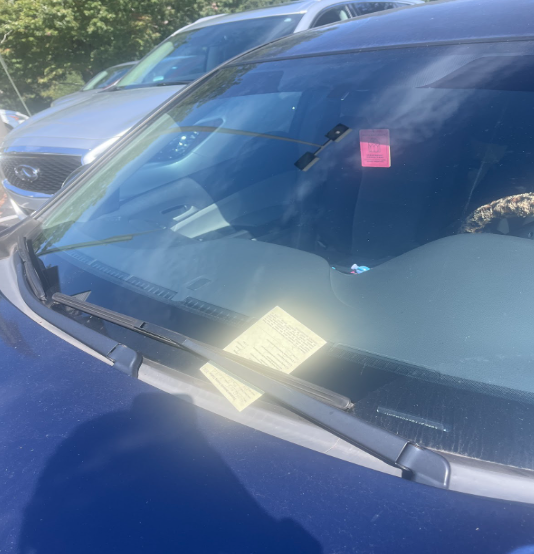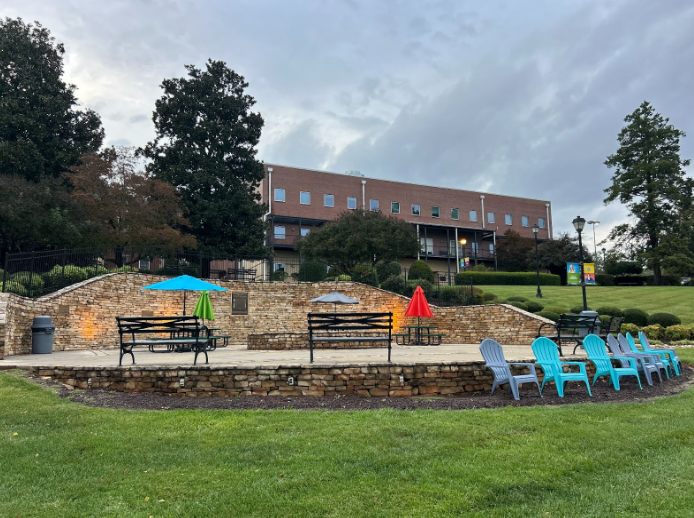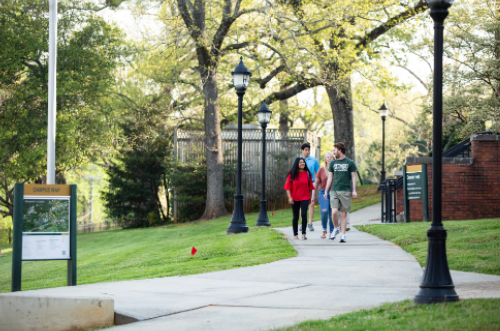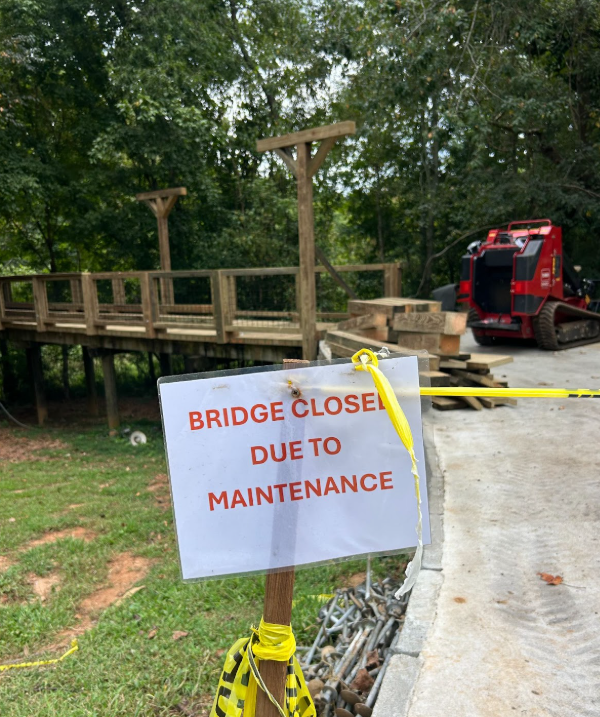Piedmont University constantly receives several phishing attempts throughout the school year.
Phishing attempts at Piedmont consist of emails that are sent out to students, faculty or staff that pretend to be from a legitimate organization.
College students are more likely to receive these emails because university email systems possess essential academic, personal and financial data. With this information, scammers can obtain social security numbers, date of birth and the first and last name of the student.
It is essential to recognize that if a student receives a phishing email, the sender’s email domain may be misspelled or may not be from Piedmont, which can be an indication that the email is a phishing attempt.
Students should also check if the email has generic greetings. Threats or urgency, poor grammar and spelling, unexpected attachments or requests for personal information. All of these are signs of a phishing email.
Some of the recent phishing emails at Piedmont have been from someone claiming to be a faculty or staff member. The emails pretend to be for a remote internship position for students, which includes position details, how to apply and request personal information.
Other examples include messages asking for electronic payments, gift cards or any form of direct personal payments. Some messages pretend to be giving away laptops, tablets, cameras and video gaming systems for free. They request a personal email, phone number and home address.
If a student receives a phishing email, they should not click on any links or attachments. They must verify the sender by contacting the organization directly through trusted contact information.
Students must report the email in Outlook by using the “Report Phishing” button. This will automatically alert the Information Technology department (IT), along with submitting an “IT Help Desk Ticket”, which can be found on the Piedmont app and website. After reporting the email, students should delete the email and change their Outlook password.
“We have a lot of things in place to prevent phishing, but the students and faculty are the first line of defense,” said Piedmont’s Technical Support Specialist, Jefferson Davis.
Students should always report phishing emails and submit an “IT Help Desk Ticket” to help the IT department track down the scammers.


